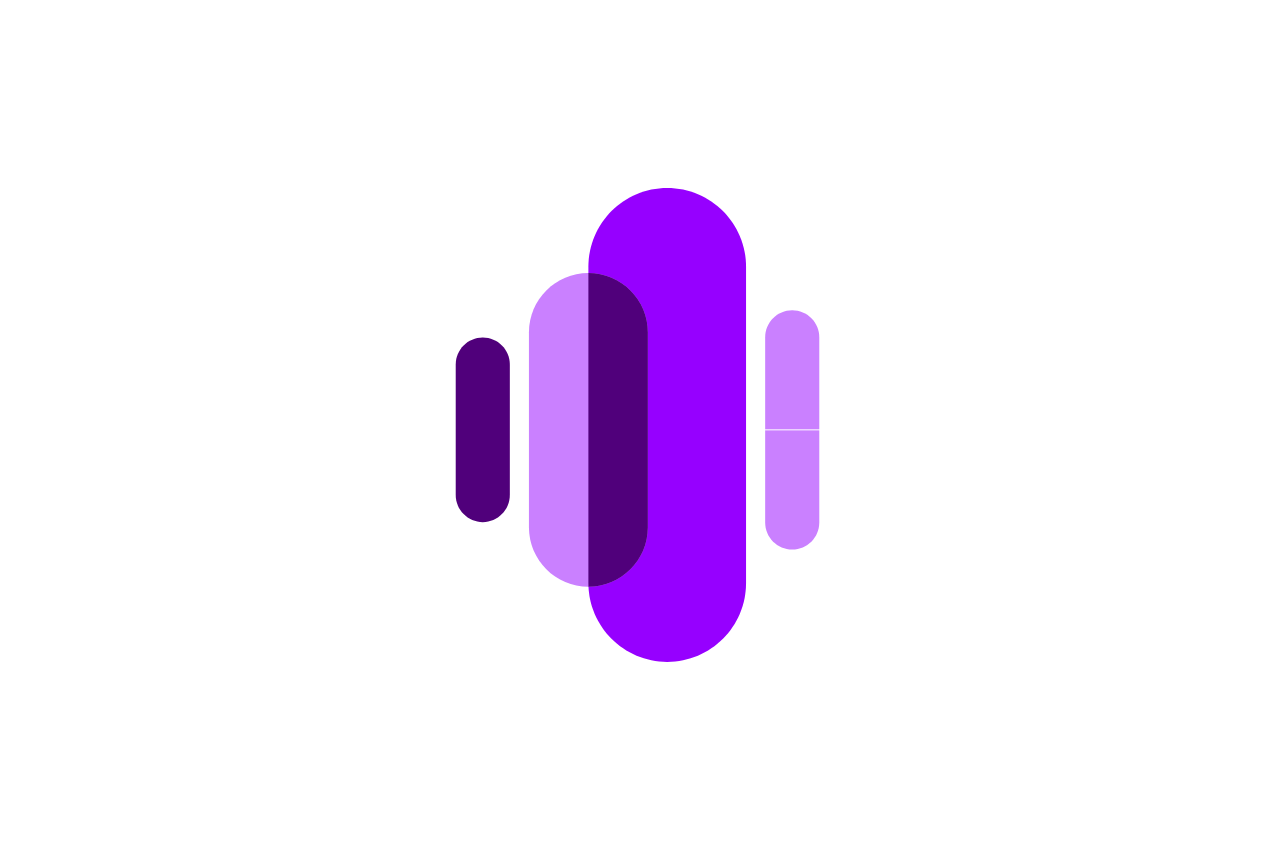learn about engineering and design
Engineers play a critical role in solving some of the world's most pressing problems, such as climate change, healthcare, and transportation. From civil engineering to electrical engineering, from aerospace engineering to biomedical engineering, there are numerous branches of engineering, each with its own unique challenges and opportunities.
Whether you are interested in designing the next cutting-edge technology or building the infrastructure that keeps our society functioning, learning about engineering can open up a world of possibilities.
-
what is engineering and design?
Engineering and design is the field of study and practice that involves the application of scientific, mathematical, and technical knowledge to create innovative solutions to problems faced by society. Professionals in this sector use their expertise to design and develop a wide range of products, systems, and structures, such as buildings, bridges, machines, consumer products, and software applications.
The work of engineering and design professionals often involves identifying problems, analyzing data, conceptualizing solutions, building prototypes, testing and evaluating performance, and refining designs based on feedback. The ultimate goal of engineering and design is to create solutions that meet human needs while also considering economic, environmental, and social factors.
-
what is the average salary for jobs in engineering and design?
The average salary for jobs in engineering and design varies based on the specific discipline, location, level of experience, and education. Generally, entry-level positions start around $60,000 to $70,000 per year. Mid-level professionals can earn between $80,000 and $100,000 annually, while senior roles or specialized positions can command salaries exceeding $120,000. For example, mechanical engineers have an average salary of around $90,000, while software engineers might earn an average of $110,000 per year.
Among the most lucrative engineering jobs are mechanical engineer, project engineer, operations manager.
Our salary guide also gives you a complete list of salaries by industry, position and region.
-
what are the engineering and design disciplines?
There are many different disciplines within the field of engineering and design, each with its own specialized focus and applications. Here are some of the main disciplines:
- Mechanical engineering: deals with the design, analysis, and manufacturing of mechanical systems.
- Civil engineering: focuses on infrastructure projects such as roads, bridges, and buildings.
- Electrical engineering: involves the study and application of electricity, electronics, and electromagnetism.
- Industrial design: concentrates on the development and improvement of consumer products with an emphasis on aesthetics and user experience.
- Architectural design: combines art and science to create functional and visually appealing buildings and structures.
- Software engineering: involves the design and development of software systems and applications.
- Environmental engineering: focuses on developing sustainable solutions to environmental challenges.
- Biomedical engineering: integrates engineering principles with medical sciences to develop healthcare technologies.
These disciplines can be further divided into sub-disciplines, specializations, or fields of focus, depending on the specific area of interest or application. For example, civil engineering can include sub-disciplines such as structural engineering, geotechnical engineering, or transportation engineering.
-
what's the future of engineering and design?
The future of careers in engineering and design is exciting and rapidly evolving. As technology advances, professionals in this field are needed to design and implement innovative systems, machines, products, and structures that will shape our world in the years to come. The demand for engineering and design experts is expected to continue to grow as more companies seek to innovate and develop cutting-edge products and services. Key areas of focus for the future will include renewable energy, robotics, artificial intelligence, sustainable architecture, and biotechnology.
To prepare for this future, professionals in engineering and design will need to continue adapting and learning new skills, such as data analysis, programming, and user-centered design, in addition to their traditional areas of expertise. Overall, the future of careers in engineering and design promises to be dynamic and full of opportunities for those with a passion for innovation and problem-solving.
-
what qualifications are required for a career in engineering and design?
A career in engineering and design typically requires a bachelor's degree in engineering, architecture, industrial design, or a related field. Some positions may also require a master's degree or professional certification, especially for more specialized or advanced roles. Relevant experience and a strong portfolio showcasing previous projects and skills can also be crucial in standing out to potential employers.
In addition to formal education, hands-on experience gained through internships, co-op programs, or entry-level positions is highly valuable. Many professionals in this field also pursue continuing education opportunities, such as workshops, online courses, and industry conferences, to stay updated with the latest technologies and trends. Soft skills, including effective communication, teamwork, and project management, are also essential, as engineering and design often involve collaboration across multidisciplinary teams.
Moreover, proficiency in relevant software tools and technologies, such as CAD (Computer-Aided Design) software, BIM (Building Information Modeling) systems, and other design and engineering applications, is often required. As the industry evolves, having knowledge in emerging areas like sustainable design, artificial intelligence, and digital fabrication can provide a competitive edge.
Overall, a combination of strong educational background, practical experience, and a commitment to lifelong learning is key to building a successful career in engineering and design.
-
what are the key skills needed for success in engineering and design?
Key skills include strong analytical and problem-solving abilities, proficiency in design and engineering software (like AutoCAD, SolidWorks, or Revit), creativity, attention to detail, and effective communication skills. Project management and teamwork are also essential. Additionally, a solid understanding of mathematics and physics is crucial, as these disciplines form the foundation of engineering principles. Adaptability and a willingness to continuously learn are vital due to the rapidly evolving nature of technology and industry standards. Knowledge of sustainable and green design practices is increasingly important, reflecting the global shift towards environmental responsibility. Lastly, the ability to think critically and innovatively allows professionals to develop unique solutions to complex challenges, making these skills invaluable in the engineering and design sector.
-
what are the common career paths in engineering and design?
Common career paths include roles such as mechanical engineer, civil engineer, electrical engineer, industrial designer, architectural designer, and product designer. Mechanical engineers typically work on developing and improving mechanical systems, while civil engineers focus on infrastructure projects such as roads, bridges, and buildings. Electrical engineers deal with electrical systems and electronics, and industrial designers create aesthetically pleasing and functional products. Architectural designers concentrate on the planning and design of buildings and other structures, ensuring they are both functional and visually appealing.
In addition to these traditional roles, many professionals in engineering and design move into specialized fields such as biomedical engineering, environmental engineering, and software engineering. These roles often involve working on cutting-edge technologies and innovative solutions to complex problems.
Over time, many professionals also transition into project management, where they oversee large projects from conception to completion, ensuring that they meet all technical and budgetary requirements. Consulting is another common career path, allowing experts to offer their specialized knowledge to various organizations on a project-by-project basis. Some also choose to pursue entrepreneurial roles, starting their own businesses or developing new products and services within the engineering and design sector. These career paths offer diverse opportunities for growth and advancement, catering to a wide range of interests and skills.
-
what are the challenges faced by professionals in the engineering and design sector?
Challenges include staying abreast of rapidly evolving technologies, managing complex projects with tight deadlines and budgets, ensuring compliance with regulations, and addressing environmental and sustainability concerns. Balancing creativity with functionality is also a common challenge. Additionally, professionals often face the pressure of innovation while maintaining cost-efficiency, navigating interdisciplinary collaborations, and ensuring that their designs meet diverse user needs and preferences. Keeping up with continuous professional development and adapting to new industry standards are also critical to success in this dynamic field.
learn more about job roles in engineering and design
- quality engineer
- design engineer
- cloud engineer
- data engineer
- test engineer
- field engineer
- chemical engineer
- systems engineer
- QA engineer
- process engineer
- network engineer
- mechanical engineer
- manufacturing engineer
- electrical engineer
- devops engineer
- civil engineer
- aerospace engineer
- structural engineer
- software engineer
- project engineer
- industrial engineer
- data engineer
ready to take the next step?
From resume building and interview preparation to career advancement strategies, our expert advice is tailored to help you succeed. Start exploring and equip yourself with the tools and knowledge to land your ideal operational role!
looking for more career tips?











